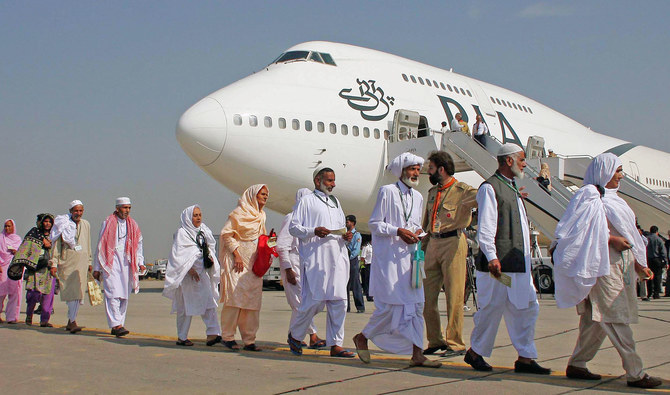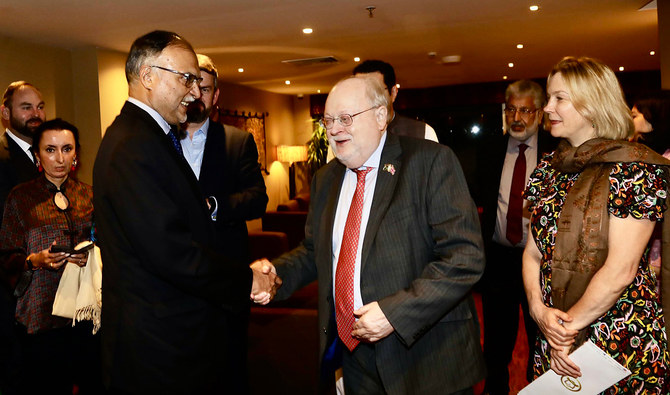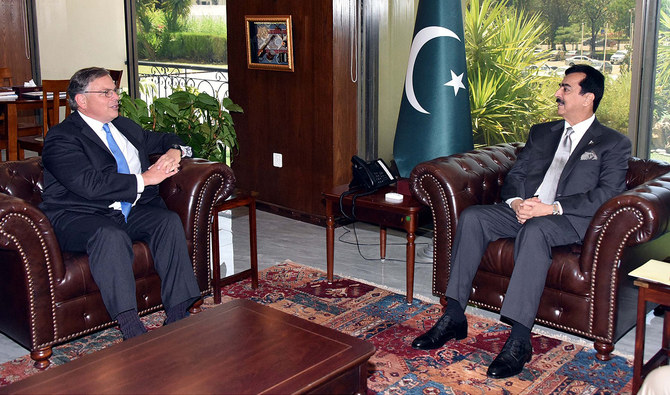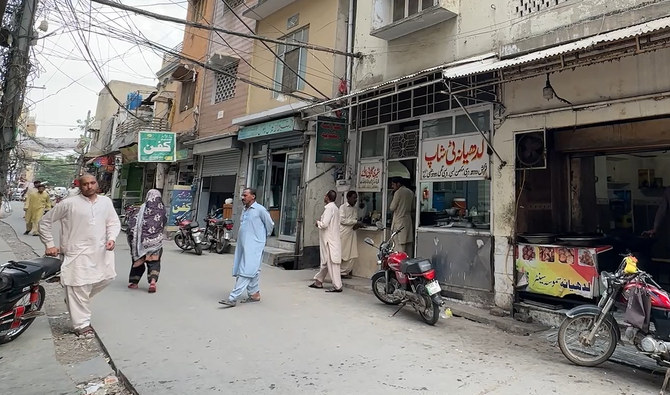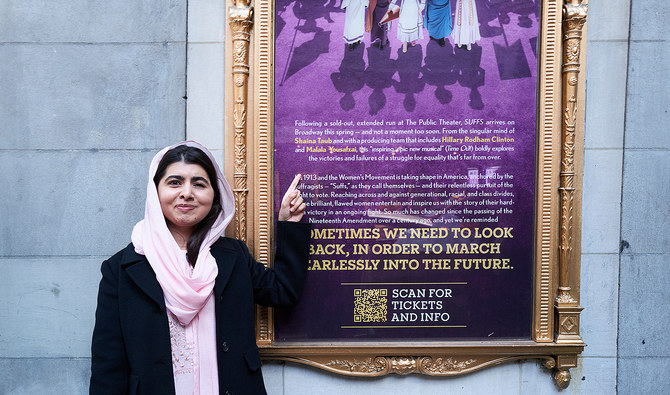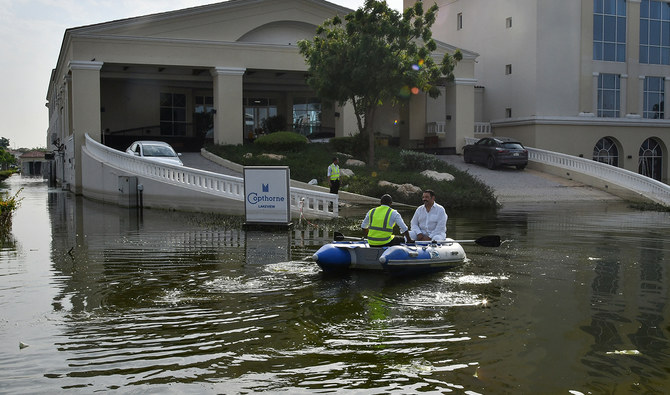KARACHI: Pakistan’s religious tourism industry estimated between $600 mln to $1 bn has suffered major financial losses due to coronavirus pandemic and the ensuing restrictions, according to local tour operators.
The country’s overall Hajj and Umrah market had only managed to generate about Rs.76.8 billion this year as opposed to Rs.245 bn in 2019, stakeholders told Arab News on Wednesday.
The Hajj and Umrah operators in Pakistan provide services to about two million people every year.
“Religious tourism has about 75 percent share in the country’s travel industry. A major chunk of these devout individuals perform Umrah pilgrimage, and their number fluctuates between 1.7 to 1.8 million on an annual basis. About 200,000 tickets are also issued for Hajj. Other than that, nearly 400,000 to 500,000 people visit Iran or Iraq,” Hanif Rinch, chairman IATA Agency Program Joint Council, told Arab News.
“The whole business is now on a standstill due to the ongoing restrictions on the movement of about 2.5 million people from Pakistan,” he added. “This has also impacted allied sectors of our economy.”
According to industry experts, religious tourism helped the country generate Rs.245 billion in 2019 after excluding revenues from Iran and Iraq.
“In 2018-2019, 1.8 million people performed Umrah pilgrimage and spent an average of Rs 80,000 per person, mobilizing Rs 144 billion. The number of those who performed Hajj stood at 180,000 and they helped generate Rs 101 billion,” Faisal Sharif, a travel and tourism professional who is also part of a managing committee of the Karachi Chamber of Commerce and Industry (KCCI), told Arab News.
“This year, about 750,000 people went for Umrah and spent Rs 76.8 billion, considering the average package price of Rs 102,500 per person before the spread of COVID-19,” he continued, adding: “The total market size in dollar terms is estimated between $600 million to $1 billion.”
On Monday, Saudi Arabia announced to allow Hajj with limited number of pilgrims to contain virus spread, barring foreign arrivals for the annual ritual this year with the exception of the various nationalities already residing in the Kingdom.
Pakistan’s Religious Affairs Minister Pir Noorul Haq Qadri lauded the Saudi decision as “difficult but wise,” adding that it was perfectly in keeping with the spirit of Shariah.
Some of the country’s tour operators hope things would get better for them by the end of Hajj 2020.
“We have suffered huge financial losses due to the travel ban around the world that was imposed in the wake of the pandemic,” said Sharif. “After this year’s Hajj, things may open up a bit and we may be able to offset some of our losses.”
According to people familiar with the workings of the business, about 900 Hajj groups and organizers operate in Pakistan and employ thousands of people.
“These Hajj groups work like small companies, recruiting an average of four to five people who support their families. While some of the big companies have retained their workforce, a large number of people associated with religious tourism in the country have also lost their jobs,” Muhammad Bilal Fasih, convener of the Central Committee on Hajj and Umrah Services at the Federation of Pakistan Chamber of Commerce and Industry (FPCCI), told Arab News.
“The restrictions imposed due to the contagion have not only impacted those operators who focus on religious tourism in the country but also airlines, sellers of Ihram and Abaya, food suppliers and other allied industries,” he added.
Pakistan launched a loan scheme for business owners who wanted to retain their workers during the time of economic slowdown, and the country’s central bank slashed interest rate to three percent on loans for paying salaries. However, travel agents contend that the scheme is not easy to avail.
“Banks continue to have stringent security requirements while lending us money. We are finding it difficult to stay financially afloat. How can we produce security?” Yahya Polani, former chairman of Travel Agents’ Association of Pakistan, told Arab News.
“We have written a letter to the prime minister who came up with the idea of giving business soft loans to businesses,” he added.



